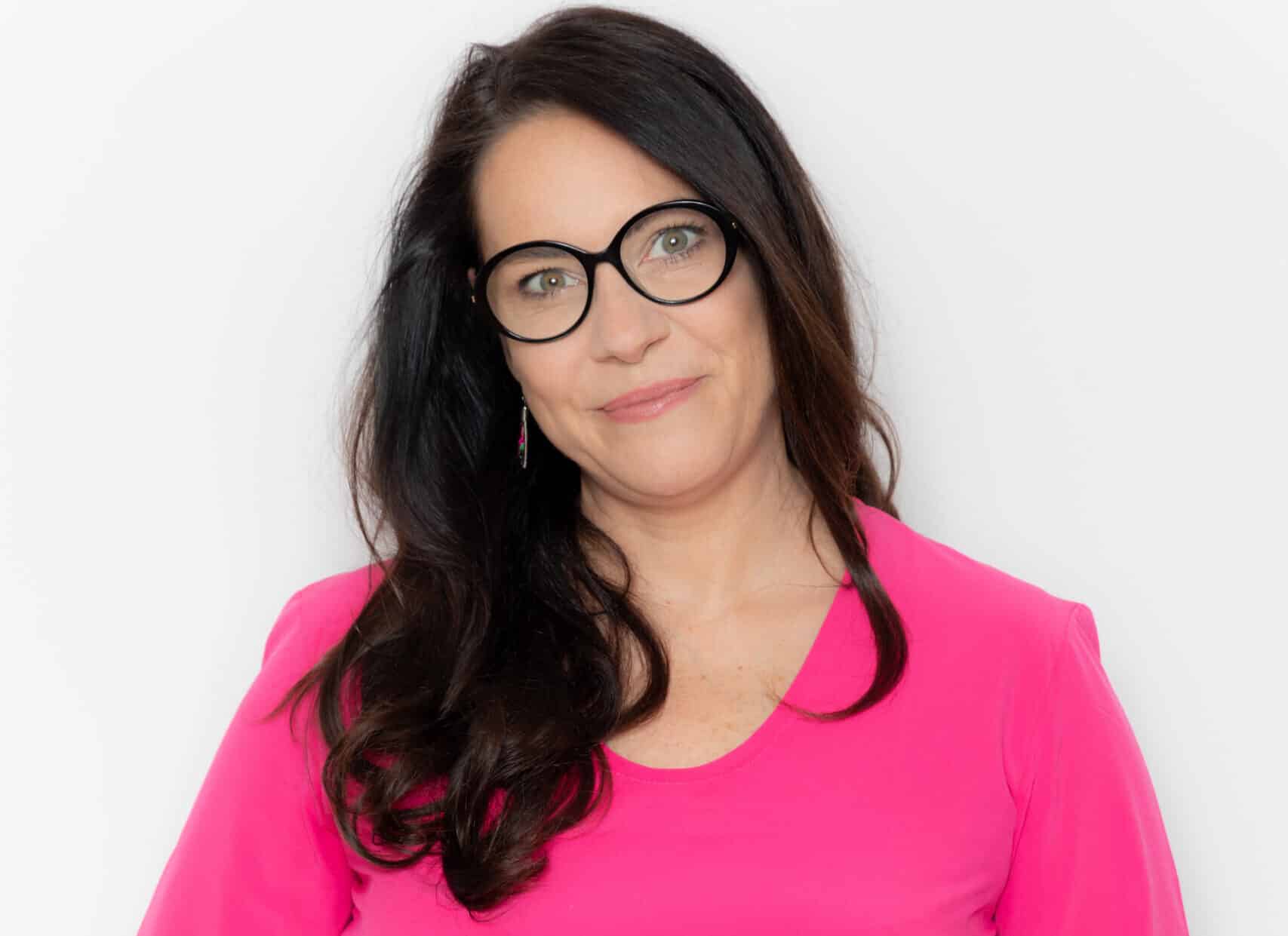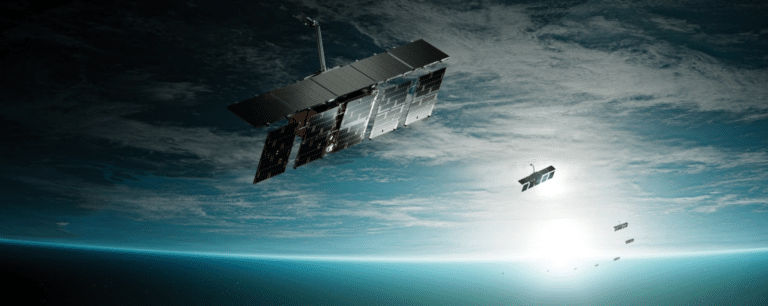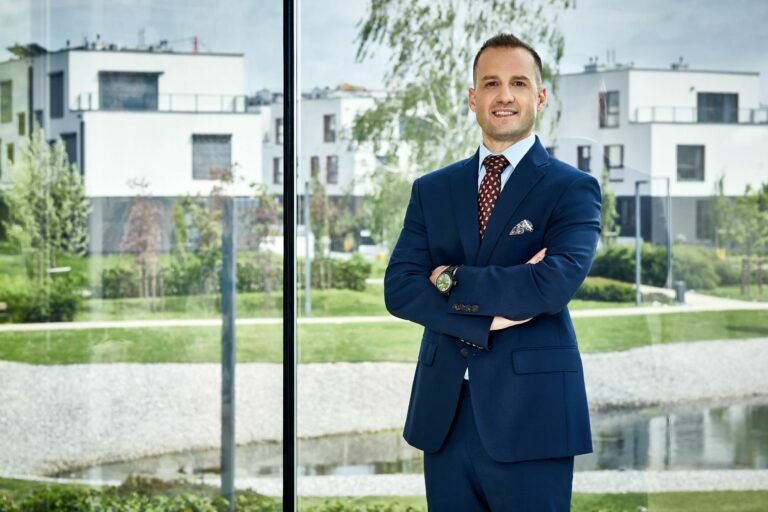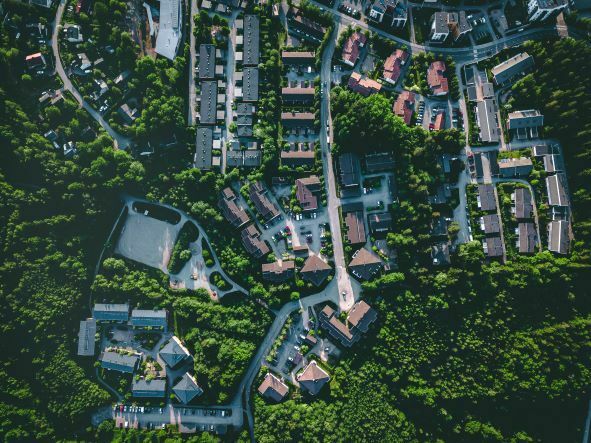What goes around, comes around
Sylwia Ziemacka talked to Agnieszka Sznyk, President of the Board at INNOWO.
Let’s start from the beginning. What is a circular economy?
It’s a new economic model which tries to use resources in a very sustainable way. In a circular economy we shouldn’t have waste at any stage of production and consumption. Everything that we use should be a valuable resource. So it’s not about the waste management economy, but about resource management.
What are the barriers that companies face in terms of applying such a model to their business models?
First is mindset. We still exist in the old economic model that puts profits first. Of course, if we have the right approach to the economy, it is profitable, but we have to change our mindset. Also in our old model, there are many kinds of incentives which support this old economic model. That’s why we need some legislative changes.
“I would say that it’s not about only one company – the circular economy is about cooperation.”
Another thing is scalability. There are a lot of interesting innovative solutions and new sustainable technologies on the market but they also meet this scaling up barrier. That’s why they are at the moment expensive because they do not reach the right level.
That must be supported by the government, by policy change to really make them more competitive with the old linear solutions.
In which areas can regulations speed up the process?
First of all, it’s worth understanding that there are a lot of hidden costs that are transferred onto society. Companies produce and introduce a product onto the market and they are not responsible, they don’t monitor what happens with it later. But we as a society and governments have to cover the costs of waste management. That needs to change.
The legislation will be changed to introduce to the market extended producer responsibility. The producer will be responsible for what happens with the product and how it is produced. That will motivate producers to think in a more sustainable way from the moment of designing the product and the packages to how it can be recycled or reused in a different area.
What would you say to the organizations skeptical about the circular model of economy?
I think that we have to wake up, first of all. European legislation will shortly force companies to rethink their value chains. The European Commission is really determined to ensure the circular economy principle. The changes will come. We have a green deal, the single use plastics directive, the extended producer responsibility directive, for the whole waste management process. So everyone will be influenced by these new regulations.
Soon, if you won’t be in compliance with the circular economy principles, you will not be competitive anymore. Also consumers’ views are changing; people are more demanding. They look at whether products are really sustainable and good for the environment, for their health.
Do you think we have the skills on the market to incorporate a circular model in our economy? Obviously going circular, requires a big change within the whole company. Are there some auditors who can actually sit with the company and tell them how to redesign the business model to adjust to the circular requirements? Or is it more about learning by doing?
The circular economy is a pretty new concept, so still everyone is learning by doing. But I would say that it’s not about only one company – the circular economy is about cooperation. We have to build a kind of ecosystem, a new value chain that can cooperate. Why? Because what is waste for one company, can be resources for another. The tricky point is how we can really support and facilitate this cooperation. How can we find out what others are doing that we can use out of this.
It’s called industrial symbiosis. And there is a lot going on to really connect different sectors. For example, the food sector would have valuable resources for the textile sectors – we can produce materials and clothes from food waste. There are plenty of possibilities. The same with the energy and construction sectors. They also can cooperate pretty closely. The energy sector could be valuable material for construction. So it’s not only about one company. One company can make a change, but it’s a bigger concept.
There are some measurements already out there which can help you look at your value chain and see how you can really make it in a more sustainable way, how you can lower your footprint. The life cycle assessment is another measurement.
It’s also important to understand that here nothing is black or white. For example both glass and plastic have their advantages – replacing plastic bottles with glass is not a solution. The transport of the glass, which is much heavier, means more emission of CO2. Also we have a limited amount of sand required for glass production.
Do we already have some good examples of how circular concepts work in practice?
The leaders are the Netherlands. The Scandinavian countries are still underdeveloped but they are mature and they have a good understanding of the circular concept. We have the circularity gap reporting that provides a metric that measures the circular state of each country. We will present the one for Poland during the upcoming Circular Week, that will take place in October.
“We will present the circularity gap report for Poland during the upcoming Circular Week, that will take place in October.”
World economy is 10% circular. It means that 90% of resources are wasted. So there is still a long way to go with implementing this new economic model.
What is needed to push the circular concept forward?
Regulations for sure. Companies and governments need to have incentives to move from a linear economic model to circular, especially in the beginning of the process, which is quite a big financial investment.
But we also need education and building brand awareness among consumers. Pragmatic education, I would add, that show exactly how to behave in a more sustainable way. People in general declare they are pro-eco but research shows that its actually opposite trend as the level of the consumption, and waste grow. The consumption and municipality waste increased by one fourth in the last five years. And we are not aware that we produce more waste. So we need to motivate people to change behaviors but the problem is that people are too lazy in general. So we know that to be successful, we need to create a system in a way that will be easy and accessible. For example, a process of repairing or renewing things. At the moment we don’t have many places where we can repair things. Producers don’t offer this solution. Today it’s easier and sometimes cheaper to buy a new product instead of fixing the old one.
Consumers would like to repair things but at the moment, they don’t have much possibility to do so. So that’s the problem. But of course, we are changing. I hope that step by step we will achieve our circular goals.







